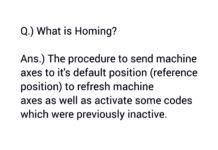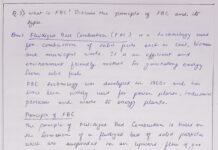President of India
Article 52 provides the office of the president of India. The president is the head of the Indian state here’s the first citizen of India and acts as the symbol of unity, integrity and solidarity of the nation.
Qualification :
Under Article 58, a person to be eligible for election as president should fulfill the following qualifications :
- He should be a citizen of India.
- He should have completed 35 years of age.
- He should be qualified for election as a member of the Lok Sabha.
- He should not hold any office of profit under the union government or any state government or any local authority or any other public authority.
Election :
The President is elected not directly by the people but by members of Electoral College consisting of:
- The elected members of both the Houses of Parliament; the elected members of the legislative assemblies of the states and
- The elected members of legislative assemblies of union territories of Delhi and Puducherry.
- Nominated members don’t participate in the election of the president.
- When assembly is dissolved, the members cease to be qualified to vote in the president election.
- Value of the vote of an MLA = (total population of the state)/( total number of elected MLAs) × (1/1000).
- Value of the vote of an MP = (total value of votes of all MLAs of all states)/ (total number of elected MPs)
- The President election is held in accordance with the system of proportional representation by means of single transferable vote and the voting is through secret ballot.
- All disputes regarding election of President adjudicated by the Supreme Court.
- Nomination for election of president must be proposed by at least 50 electors as proposers and 50 electrodes as seconders.
- Security deposit for the nomination as president is rupees 15,000 in RBI.
Conditions of Presidents office
Under Article 59, the constitution lays down the following condition of the President’s office:
- He should not be a member of either House of parliament or a House of the state legislature.
- He is entitled to such emoluments allowances and as may be determined by parliament
- His emoluments and allowances cannot be diminished during his term of office.
- Article 60 – Oath and Affirmation of the President.
- The oath of the President is administered by the Chief Justice of India and in his absence, the senior most judge of the Supreme Court.
- Any person acting as the president also undertakes similar oath.
Term of the President
- Under Article 56, the President shall hold office for a term of five years from the date on which he enters upon his office.
- He may resign his office by writing under his hand addressed to the vice president (nhe can communicate to the speaker of the Lok Sabha).






































